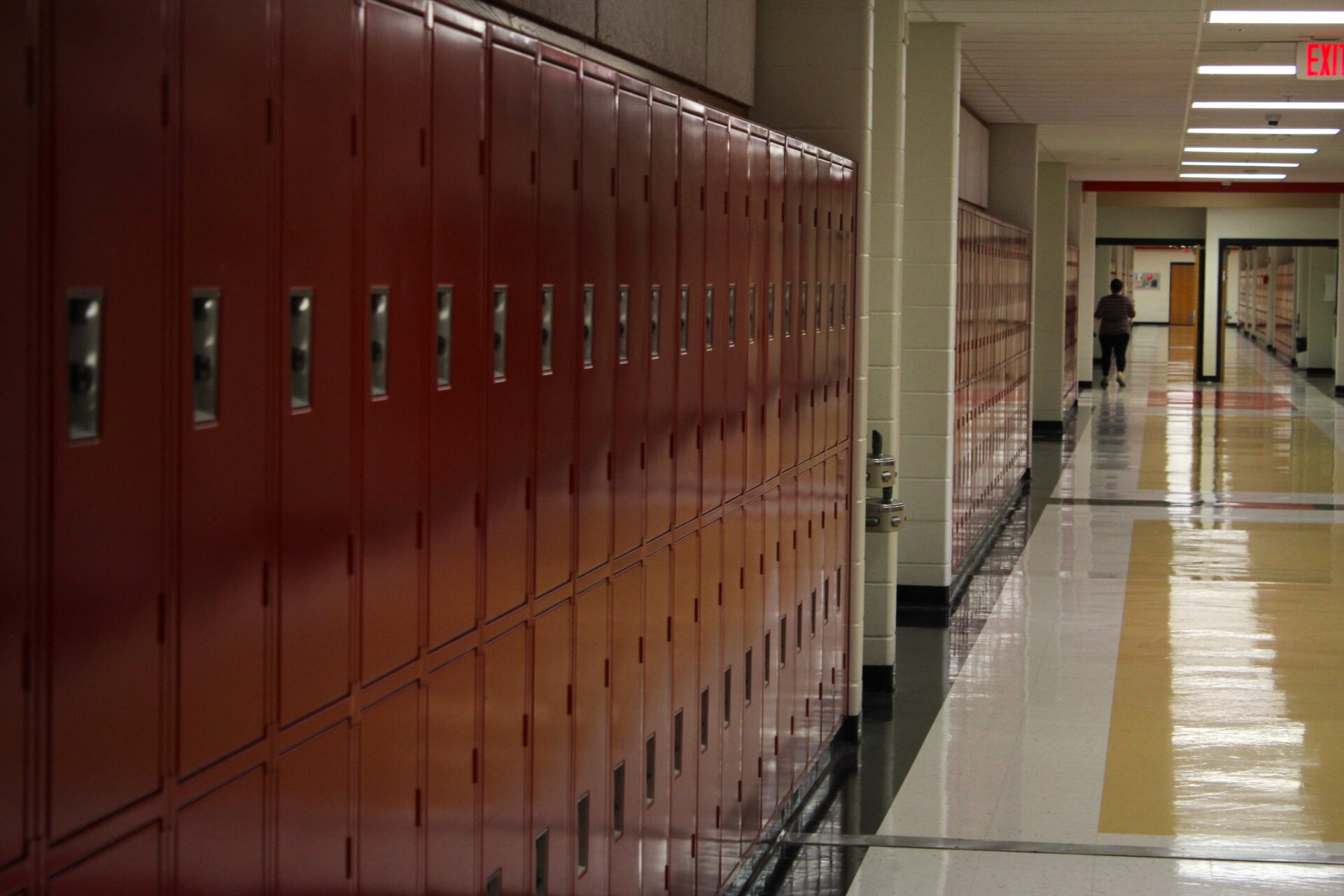School consolidations and closures continue to be the leading issue facing West Virginia education as the West Virginia Board of Education approved the closure of six more schools in four counties at their monthly meeting Wednesday.
Educational leaders from Clay, Preston, Wetzel and Wood counties all told the board declining enrollment, shrinking budgets and aging buildings are contributing factors that require closure and consolidation. A release from the West Virginia Department of Education stated that declining enrollment has led to 25 proposed or approved school closures this year.
The action comes just a month after the board approved the closure of six schools in Kanawha County.
In Preston County, the closure of Fellowsville Elementary School and its merger into South Preston School was approved, as well as the closure of Rowlesburg School and its merger into Aurora School.
In Wetzel County the consolidation of Hundred High School into Valley High School was approved, as well as the consolidation of Paden City High School into Magnolia High School and New Martinsville School.
Much of the public comment at the start of the meeting was directed at the closures in Wetzel County. Paden City High School has been the source of controversy since a court blocked its emergency closure earlier this year.
Like many speakers at meetings before, Charles Goff, mayor of Hundred, West Virginia said the effects of school closures goes far beyond the academic.
“The importance of Hundred High School can’t be summed up in two minutes,” he said. “In fact, most towns die after a closure of a high school. They lose incorporated status, losing elected officials in town, and it leads to fire departments closing and town charters being revoked.”
In Wood County the closure of Fairplain Elementary School and merger into Martin Elementary School; and the closure of Van Devender Middle School and its merger into Jackson Middle School and Hamilton Middle School were approved.
The closure of Clay County Middle School and consolidation into Clay Elementary School, Big Otter Elementary School and Clay County High School was approved, contingent upon West Virginia School Building Authority (SBA) funding for an addition to the high school.
Phillip Dobbins, superintendent of Clay County Schools, told the board the county has lost almost a third of its enrolled students in less than 10 years.
“Our projections show the grim reality that our enrollment will continue to decline,” he said. “Next year’s numbers project our total enrollment to be at 1375 total students, that’s down from 1,999 in 2016.”
He said the consolidation of Clay Middle School into existing county schools will save $500,000 in operational costs.
Victor Gabriel, board vice president, asked Dobbins to quantify the financial loss such a decline represents.
“According to our treasurer, state aid formula’s about $7,500 per student,” Dobbins said. “So, do the math, it’s several million dollars that we’re down.”
Gabriel went on to urge the legislature to revise the funding formula for West Virginia’s schools.
“It hasn’t been done for years and years and years,” he said. “As a former educator, I saw this evolve. We just don’t have the money, people. And it’s getting worse. Every time we lose students, we lose dollars. It all equates to dollars. And I mean, I don’t know how you resolve that.”
Gabriel said that counties still have to pay staff and to maintain buildings with ever-dwindling funding. He said student enrollment across the state is down 4,000 from last year, representing close to $30 million in lost funding for local schools.
